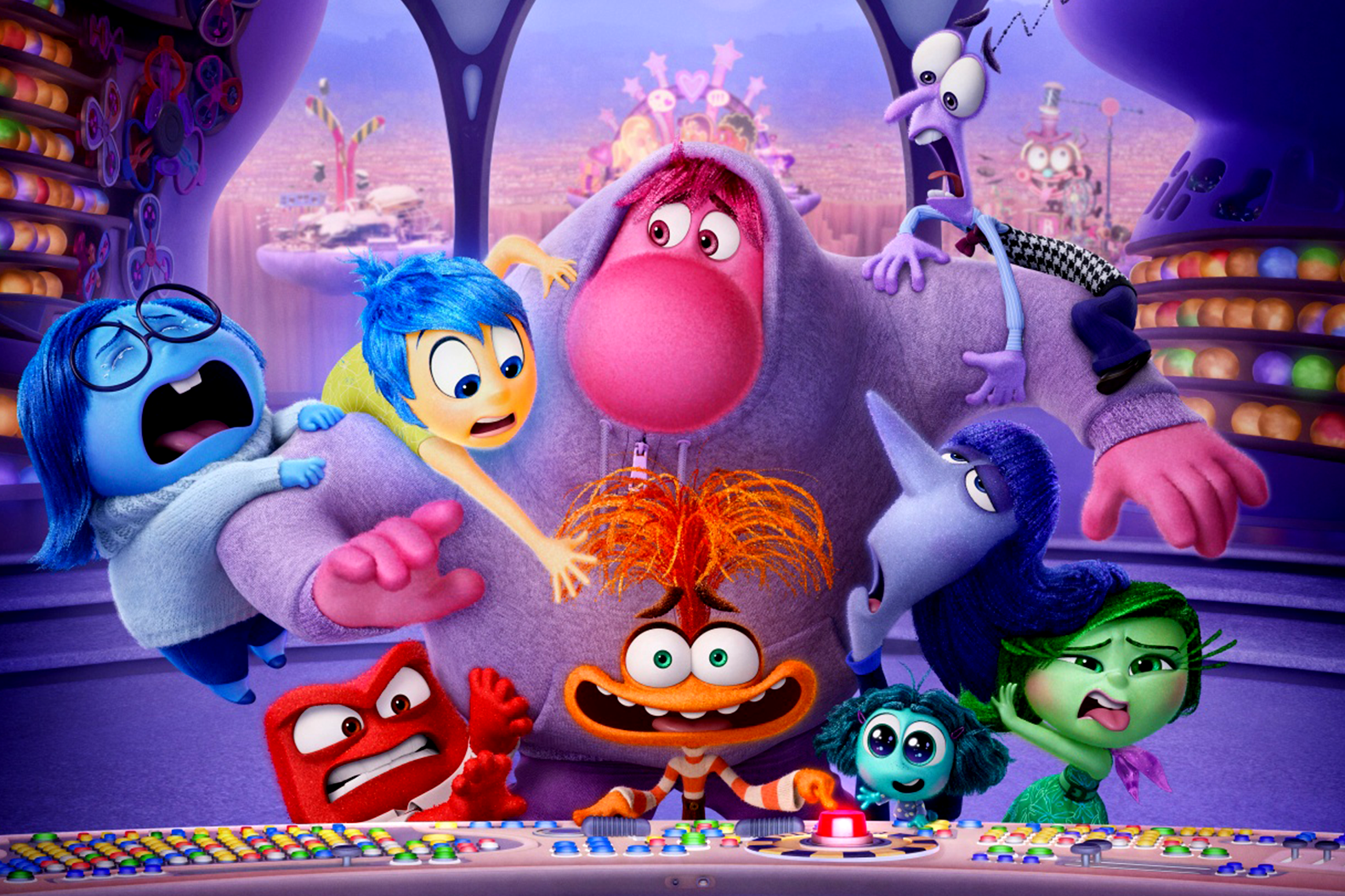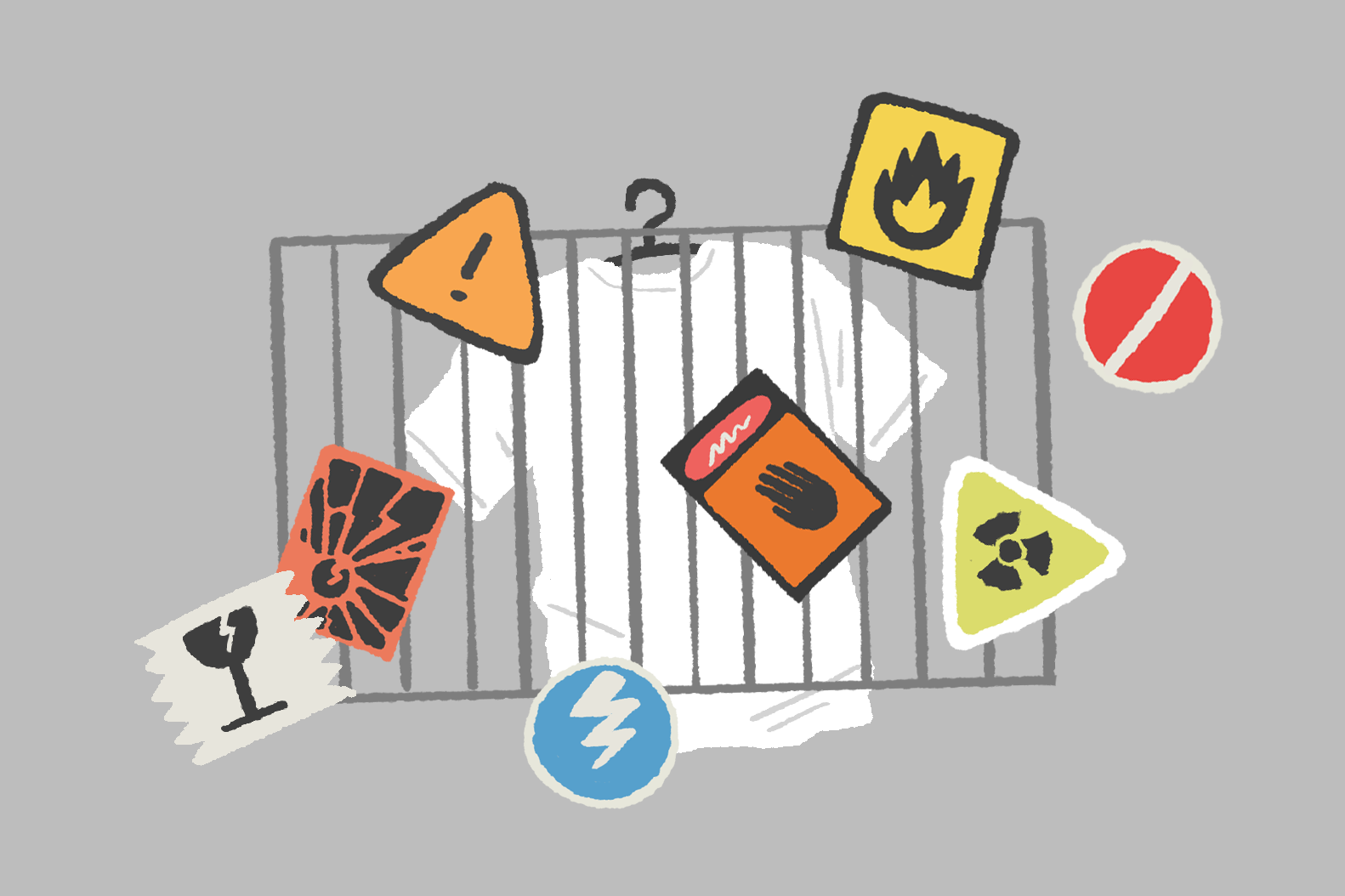In 2009, I visited a friend in hospital for the “blues”. I was 17 years old and stood at the door clutching a bunch of flowers, not quite comprehending what had just happened.
In 2015, I lost a friend to the blues. He was smart, young, talented – I stood at the door of the casket hall hugging myself, again, not really understanding what I had just lost and would soon continue to lose.
In 2016, a month before the first death anniversary of that friend, I lost another friend to similar circumstances. This time there was no door to stand by, or lean on for support.
This year, I’ve walked alongside a few close friends struggling with the blues. We’ve walked from doctors’ offices to counselling rooms and back again, but thankfully, by God’s grace and deliverance, today the darkness seems further away.
The “blues” is a term I personally use to describe all the various challenges people have with mental health and wellness. In the short time I’ve had my encounters with the “blues”, I learnt quickly that the terms “mental illness”, “depression”, “anxiety” or even “mental health” trigger many different reactions and emotions from people, often a reflection of existing stigma and prejudice towards the topic of mental health.
So here are a few things I’d like to share from what I’ve learnt on the journey.
4 THINGS I’VE LEARNT ABOUT THE BLUES
1. They cannot be “snapped out of” or “just moved on from”
All you need to do is just suck it up and move on. I’m quite sure these words are familiar to you. Perhaps you’ve heard a parent say it when you’ve tried to tell them about a friend who has depression. Maybe your supervisor at work made a similar comment when you tried to point out that a colleague seems to be particularly blue.
Till I had the chance to walk with someone with the blues, I too, once believed that it was something you could will yourself to move on from. Mind over matter right?
Not quite.
According to the Institute of Mental Health (IMH), based on a study conducted in 2010, 1 in 17 people in Singapore will be diagnosed with clinical depression at some part of their lives. While no new study has been undertaken since then, IMH estimates that there’s been a steady increase in the percentage of people being diagnosed with clinical depression – an annual 7 percent increase.
In fact, the lack of statistics around this topic speaks volumes about the existing stigma and gaps of understanding about mental health.
2. Mental health is a Pantone palette, not a single colour
Perhaps the first thing to leave behind when you encounter someone with the blues is to acknowledge that there is nothing that you know about the blues. Especially if you’re blessed to have never experienced it yourself. This was an early lesson I learnt.
Leaving behind your perceptions and knowledge about the topic allows you to connect with someone with an open heart and mind. It allows you to learn, to be a friend, an ally – the person they need at this time of their lives. It puts you in the right posture to serve, to hear and to do for them as God asks of you.
In the face of the blues, patience, love and openness is what you’re called to.
They’re not here to hear you extol the glorious clear-headed days you have, nor hear you dole out well-meaning but often ill-fitting advice. It’s not your fault you don’t know better; it’s also not your fault that you’re feeling helpless and inadequate in light of this.
But it would be careless to think that one case of the blues is equivalent to the other, or that there is an immediate answer to the situation. Take the time to appreciate the situation and the person, to acknowledge what you do or do not know, and simply take the chance to learn and be present for the journey.
Surely we know for all His purposes, one day the answers to all your questions will be clear. But in the face of the blues, patience, love and openness is what you’re called to.
3. Jesus is the answer – but don’t just say it, show it
The theological aspect of mental health and wellness can seem like a bit of a dark abyss itself – fixations with definitions, principles and maybe often too many good intentions and not enough love in action.
While there is no doubt in my mind that God can heal and deliver in any and every situation, the little I’ve learnt is that sometimes a reassuring hug or sitting with someone in companionable silence can do as much good as a reminder to pray or a Bible verse.
Sometimes as Christians, we are keen to solve a problem, eager to see someone step into the light, to conquer evil and receive deliverance. We want to see lives transformed. Yet for all our pure intentions, we often don’t recognise our role in the situation, which is that of an instrument rather than the musician.
The dictionary definition of an instrument is a tool that is used to do careful work for a particular purpose. To be an instrument is to accept that you do not know the final outcome, perhaps you don’t even know the next note that will be played, but there is submission and acknowledgement that God is in control.
“I planted, Apollos watered, but God gave the growth. So neither he who plants nor he who waters is anything, but only God who gives the growth.” (1 Corinthians 3:6-7)
Knowing our role as an instrument is so important because it helps us to keep ourselves in check too. We avoid ‘preaching’ and do a little more listening and caring. We stop trying to control the situation or the person. It’s also important because we don’t take on more responsibility than we should. Sometimes, despite our best efforts and intentions, the outcomes may not be as you hope for.
4. If all else fails, just be kind – especially to yourself
When I did a quick straw poll among friends about their perspective on mental health and wellness, most of them said – just as the dated statistics did – that they didn’t know much about it and don’t feel people talk about it at all. They felt a bit helpless about the topic and tongue-tied around those who do have a case of the blues.
If there’s anything I’ve learnt, it’s that kindness is a core ingredient in the face of the deep blue unknown. It sounds like a horribly cliched and obvious, but it is in dire need of practice.
Being kind to yourself is probably the best investment you can make – it not only helps you to build empathy, but it also empowers you to share that kindness.
Being kind is not just an act onto others; it is also an act you need to practice with yourself as well. You’ll be surprised how unkind you are to yourself on a daily basis. This was something that struck me each time I sat with a friend who was walking through the blues – the kind of things they would say of themselves, there was so much unkindness.
I learnt that being kind to yourself is probably the best investment you can make – it not only helps you to build empathy, but it also empowers you to share that kindness with others.
Being kind is also an uncomplicated reaction to the blues. It’s not about grand gestures of service or some elaborate strategy to show support. If you’re feeling helpless, awkward, frustrated or just stressed out by someone with the blues, kindness is probably your best friend.

Through it all, this is what I’ve learnt about kindness:
Kindness is as small as an acknowledgement of the blues someone is facing and your confession of not knowing quite what to do to help.
Kindness is sitting in silence and listening.
Kindness is having the courage to ask if someone is feeling okay and what can you do to help.
Kindness is about conversations with no set positive outcome, a process to allow someone to talk and allow someone to receive and to learn.
Kindness is self-control and consciousness of language, of what we say and to whom we say it.
Kindness is about casting an eye out for one another, whether via a text or a cup of coffee.
Kindness is small, consistent demonstrations of love, an attempt to shine a light into the darkness – no matter how small it may be or how much it flickers.
It’s your best ally against the blues, both for you and for them.
“The light shines in the darkness, the darkness has not overcome it.” (John 1:5)
The month of October is Mental Health Awareness Month. Shiyun is involved in Campus PSY, an initiative started by a group of youth volunteers from IMH to raise awareness on mental health issues and to rally like-minded young adults in tertiary institutions towards the development of a more supportive and inclusive society. For those interested to help advocate for mental health awareness, please visit their Facebook page.









